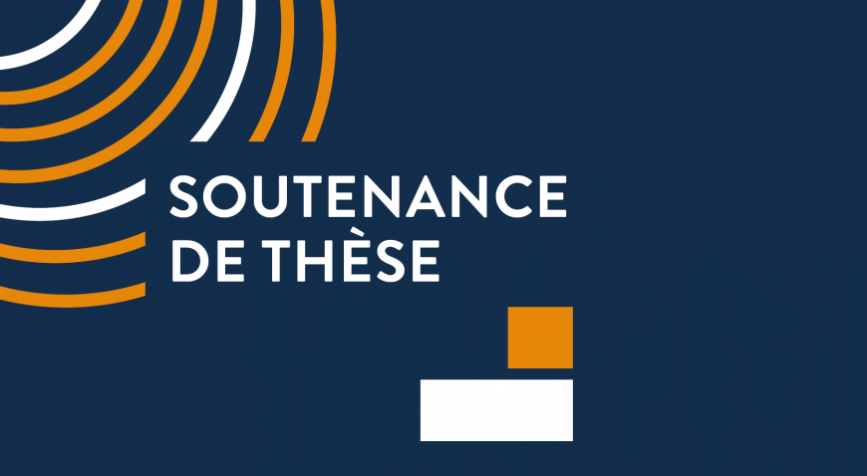On Tuesday, November 19 at 2pm, attend Diego Martin-Sanchez's thesis defense entitled "Travail identitaire en transition professionnelle et accompagnement au reclassement : entre régulation et facilitation".

-
at 2 p.m. - 12 rue Jean-Antoine de Baïf - 75013 Paris, room D6
- IAE Paris-Sorbonne
Summary of the dissertation by Diego Martin-Sanchez
In a context of rapid and sudden change, failures and restructuring of companies are characterized by their recurrent dimension. This leads to careers with multiple forms and marked by frequent and diversified professional transitions. As work is a central dimension of our self-definition, i.e. our identity, particularly in our Western societies, professional transitions are inseparable from various identity issues. The break in employment, especially when sudden and involuntary, marks the start of an equally impromptu and sudden professional transition, generating a rupture in the person's identity. This effect is exacerbated in individuals who have had some professional success, as is the case for managers. The individual is thus engaged in identity work, which can be affected, or regulated, by the discourses that surround him or her. These, give people directions to follow in working on their identity, intentionally or not. The individual finally concretizes this identity work by creating a discourse about himself, which enables him to present himself to his peers.
To respond to the multiplication of professional transitions and job breaks, public authorities are placing the emphasis on accompaniments whose privatization is only growing. These, in particular, lead the individual to carry out an introspective assessment with the aim of creating, in particular, a discourse on the self, mobilize a reflexive approach such as coaching, and some even mobilize tools that directly integrate the identity issues of professional transitions. Moreover, when professional transition is supported, it can be considered highly institutionalized. This then impacts on the actor's work on his or her identity, since this process takes place in contact with coaching discourses. The latter, also convey a certain relationship to career and work, which can come to tint the individual's identity with particular nuances. This thesis aims to fill a gap in the academic literature in management science, that of the concrete effects of outplacement coaching on individuals' self (re)definition process. To do this, we first deployed an exploratory qualitative methodology, in order to study outplacement accompaniments in a hexagonal context, and then an in-depth longitudinal qualitative methodology, in order to follow individuals through their outplacement procedures. Our results contribute to the concept of identity work by showing the regulating character of outplacement coaching, which, because of its high degree of standardization, raises the question, already present in the coaching literature, of outplacement firms as 5 tools of normalization.
Our findings corroborate, too, the importance of self-talk in the context of professional transition. The discourses around this element are, however, highly institutionalized and standardized, which ties in with the questioning around a potential normalizing effect. Finally, this research highlights the generalization of a rather contractual, Anglo-Saxon-style conception of work, which foreshadows a 'managerialization' of the relationship to work. This then raises the question of a porous and standardized relationship to professional activity. This doctoral work ultimately invites us to revisit or update developments on professional identity, or the relationship to work, by certain authors under the prism of variables such as gender. Research perspectives are also emerging around variables that can play a role in individuals' permeability to support. Finally, the possibility also opens up of studying political discourses, and the reforms carried out, around careers, transitions and periods of non-employment, and this through the prism of the relationship to work conveyed or the potential effects on individuals' identities.
Jury members
- Géraldine SCHMIDT, Professor, IAE Paris-Sorbonne, Université Paris 1 Panthéon-Sorbonne, Thesis Director
- Séverine VENTOLINI, Professor, IAE Dijon, Rapporteur
- François GRIMA, Professor, Université Paris-Est Créteil, Rapporteur
- Anne Laure GATIGNON, Professor, Université Toulouse 3 Paul Sabatier, Suffragante
- Florent NOËL, Professor, IAE Paris-Sorbonne, Université Paris 1 Panthéon-Sorbonne, Suffragant
- Jean PRALONG, Enseignant-chercheur, EM Normandie, Suffragant
En pratique
- To register: CONTACT
- To come to IAE Paris-Sorbonne, visit access map.